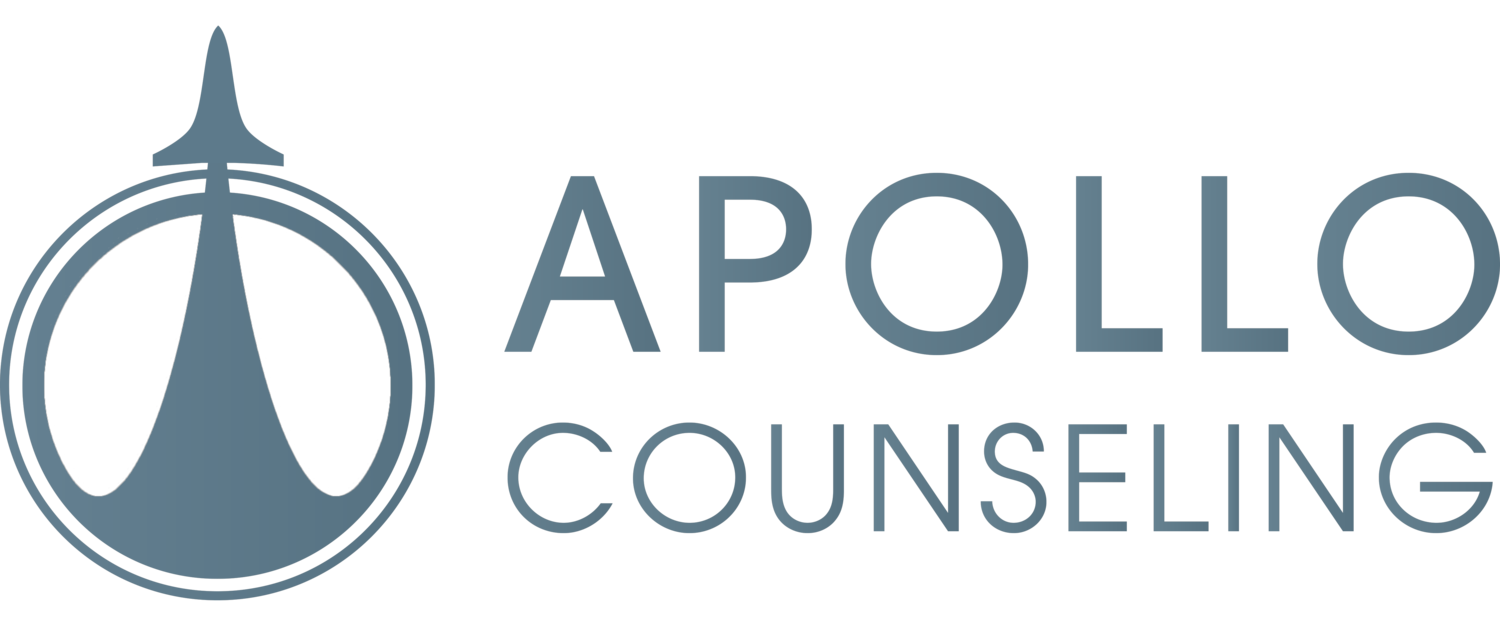Counseling Credentials: What do they mean?
If you have looked into mental health counseling, you may have been overwhelmed by the “alphabet soup” of counseling credentials. This extensive menu of services probably made you wonder… what do they all mean?
Many people experience mental health challenges. In fact, John Hopkins Medicine found that about 1 in 4 adults suffer from a mental health disorder each year.
Mental health counselors help assess and treat various conditions such as anxiety, depression, grief, low self-esteem, stress, suicidal impulses, etc. In addition, they aim to help clients implement coping strategies that promote optimum mental health.
Aside from choosing to begin therapy, the most important decision is finding a counselor that’s the right match for you. You can start by researching the counselor's credentials to ensure they have the necessary training, skills, and experience to assist you.
Credentials Decoded
LPC: Licensed Professional Counselor
ALC: Associate Licensed Counselor
LCSW: Licensed Clinical Social Worker
LCSW, PIP: Licensed Clinical Social Worker, Private Independent Practitioner
LGSW: Licensed Graduate Social Worker
Licensed Clinical Psychologist (Ph.D. or Psy.D)
Psychiatrist (M.D.)
What Kind of Counselor Should I See?
Let's start with the basics – LPCs and ALCs.
An LPC, or Licensed Professional Counselor, is licensed to render professional counseling services in multiple environments. An LPC has completed a 60-hour Master’s Degree with a special concentration in 8 core domains, including:
Professional counseling orientation and ethical practice
Social and cultural diversity
Human growth and development
Career development
Counseling and helping relationships
Group counseling and group work
Assessment and testing
Research and program evaluation
Additionally, LPCs have completed 3,000 hours of counseling experience under the supervision of a board-approved supervisor, with a minimum of 5 years of experience before becoming a supervisor. With the wealth of education and knowledge required to become an LPC, they are usually a great option when seeking support for mental health concerns.
An ALC, or Associate Licensed Counselor, is licensed to render professional counseling services while under board-approved supervision. ALCs have completed their Master’s Degree and are working to accrue the 3,000 hours necessary to become independently licensed as an LPC. ALCs are also an excellent resource for seeking care as they are under careful supervision while developing their skills. It’s often like getting two counselors for the price of one!
Both LPC and ALC credentialed providers can diagnose and treat mental and emotional disorders, provide therapy to clients in individual and group settings, and research effective treatment modalities.
Counselors with the credentials LCSW, LCSW, PIP, LGSW, Licensed Clinical Psychologist, or Psychiatrist may also be good candidates for helping you through your journey toward better mental health. They each have different training and education that often include at least some psychotherapy-specific requirements, but it is not the focus of their training. The most important thing is understanding each practice's scope to make an informed decision about who to seek care from. For example, Psychiatrists are the only providers that can prescribe and manage medications, and Psychologists generally specialize in testing, assessment, and diagnostics.
Red Flags
Be sure to keep an eye out for misleading credentials. For example, some individuals claiming to be counselors, therapists, or life coaches, etc. (including Biblical or pastoral counseling) do not hold a license by the state and do not have accreditation or licensure oversight. While some of these individuals may be of great support, the lack of oversight and requirements for training, education, and experience with evidence-based practices may warrant caution when seeking care from them.
Conclusion
Licensed mental health professionals are required to maintain current knowledge by completing yearly training, so rest assured, LPCs and ALCs should provide you with current and ethical services.
Trying to find the right mental health help can feel daunting. Use this brief guide and independent research to find a counselor that is right for you.
Remember: It’s not only okay but highly recommended that you ask providers about their training and experience. Being an informed and conscientious consumer will help ensure you have a successful therapy outcome!
